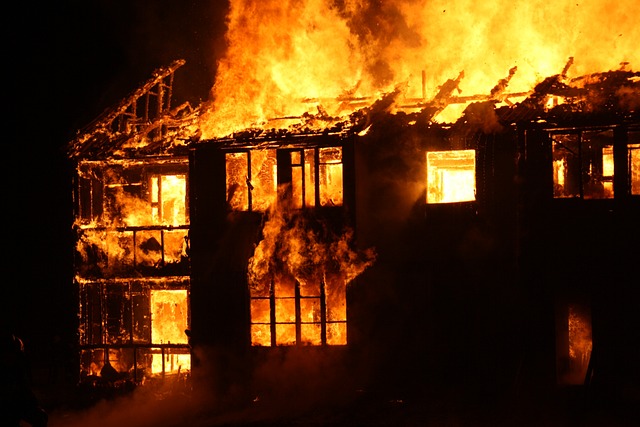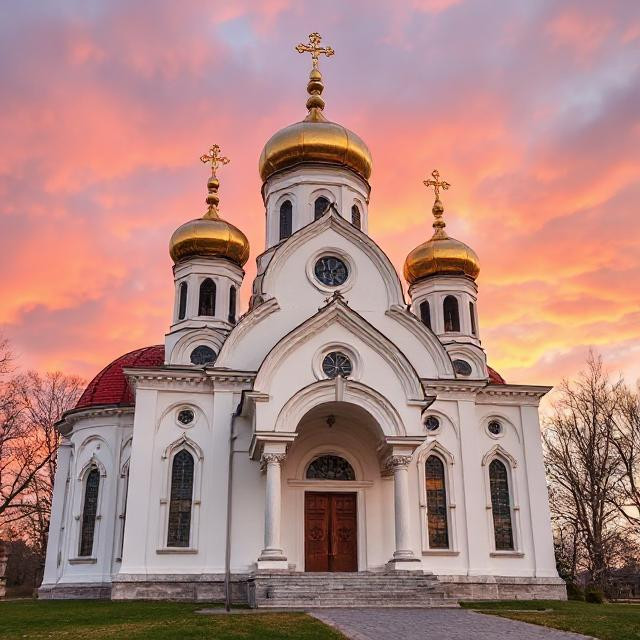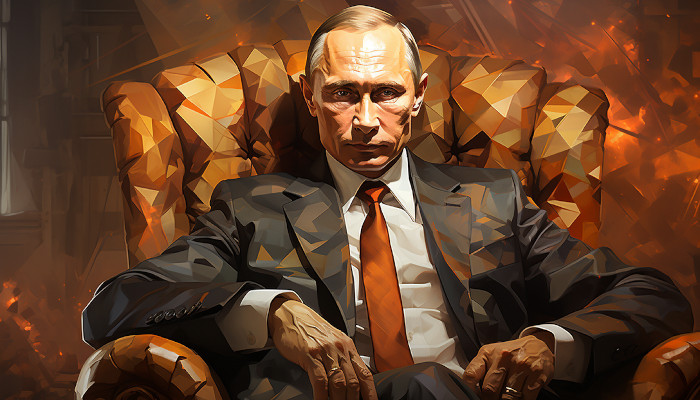
The deployment of North Korean troops in Ukraine alongside Russian forces has radically altered the dynamics of the war in Europe and Asia, raising the stakes and making it more challenging to find peace. However, a pathway to peace must be sought now more than ever.
South Korea is reportedly considering sending soldiers to Ukraine, and intelligence officers may have already been dispatched to interrogate North Korean prisoners who have surrendered. The North Korean presence suggests that Moscow may have ceded nuclear and missile technology to Pyongyang, heightening the threat against South Korea and Japan.
The biggest quandary, however, concerns China, the elephant in the room in the war. Beijing is likely uncomfortable with Pyongyang’s embrace of Moscow, which puts China in a difficult position and squeezes its political options[i].
North Korean troops have shifted the geopolitical landscape beyond the war. This development means South Korea and Japan are de facto drawn into the conflict, further complicating the Chinese predicament.
Yet, Beijing has not approved or disapproved of Pyongyang’s intervention, and it remains Russia’s largest economic partner. Without Chinese support, Moscow’s economy might have already collapsed.
In similar circumstances in 1953, fighting on the Korean Peninsula stopped with a truce that froze the conflict. Many on various sides now support a repeat of that solution. However, things are different now. Russia then was the clear enemy, and rules of engagement for a long time and armed peace were put in place rapidly. The two economies were separated, and both wanted so. China (the main force behind both Russia and Iran, the Israeli enemy in the Middle East) is now not the declared enemy, and clear rules of engagement, like in the Cold War, are absent.
Now, not only does China export goods to the US and its allies, but most countries trade with one another, albeit indirectly. No clear rules of engagement are in place following a potential truce, leaving both peace terms and the situation that Ukrainian peace will deliver unsettled.
All of this has to take into account the conditions on the frontline. Russians are advancing, and Western support for Ukraine has been inconsistent. Ukrainian defense preparations have been weak, and the country is far from achieving the mobilization seen in smaller nations like Israel or Finland. Western allies were unprepared for full industrial support for a war, and Ukraine was similarly unprepared for a protracted conflict.
This situation calls for strategic decision-making: Should the US pause on the Ukrainian front? This could mean regrouping and rethinking longer-term strategies for all actors involved. A pause now might boost and galvanize Iran (the other unspoken side of the complex war and a longtime ally of North Korea) and push Russia to support Tehran further.
At the same time, it could be an opportunity to open more lines of dialogue with China, which might want to extricate itself from the Russia-North Korea vise, provided the US builds more trust with Beijing.
The alternative would be to assist Ukraine with substantial ammunition, create a new defense industry in Europe, and risk the implosion of Russia—something no one currently desires.
Option one may seem more attractive but requires significant consideration after a truce. Yet, as we have seen, there is no clear separation between blocs, and a poorly thought-out truce could be short-lived, leading to a broader and fiercer conflict soon after.
The simplified alternatives seem to be an all-out war now or a new long-term engagement, similar to the Cold War following the 1953 truce. In either case, Ukraine becomes a NATO border. The world may not be mentally prepared for either scenario, but they are unfolding now.
For China, the stakes are exceptionally high. The Chinese intervention in Korea in 1950 led to the US decision to defend the Chinese nationalists in Taiwan, granting the island its de facto independence. China’s current ominous silence on North Korean troops in Ukraine risks pushing Taiwan further away. It might eventually lead to Taiwan declaring formal independence if Beijing doesn’t oppose North Korea’s involvement in Ukraine and withdraw support for Russia and Iran.
Then, we would be on the verge of an all-out escalation. China and its decisions are clearly, albeit implicitly, a key to turning the conflict in one direction or another.
It’s necessary to open lines of dialogue and seek ways to avoid collapse while preparing for all potential eventualities. Whoever becomes US president on November 5 will have many delicate decisions to make with no clear-cut solutions in a world on the brink of explosion, and nobody prepared for it.
All hands should be on deck to avoid World War III.
[i] See https://www.appiainstitute.org/articles/asia/war-in-ukraine-stretches-to-east-asia/










According to an expert on the DPRK, North Korea and Russia concluded the “North Korean–Russian Treaty on Comprehensive Strategic Partnership” this June. That is for the security of North Korea in the Korean Peninsula. Strategically, they need strong support, as the U.S. supports South Korea. But not China today. Their only choice is Russia. Article 4 of the treaty is especially important for North Korea.
The deployment of the military of North Korea to Russia today is a sort of guarantee in case of a conflict at the Korean Peninsula.
They seriously considered the security of Northeast Asia, and they want to end the Korean War. The condition of the Peninsula is under the armistice agreement of 1953, so technically, it is still under war.
If Trump comes, North Korea will talk with Trump based on their 2018 Siguapole Agreement, which includes denuclearizing the Peninsula.